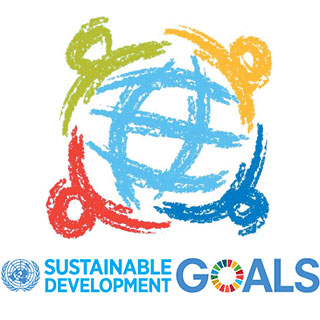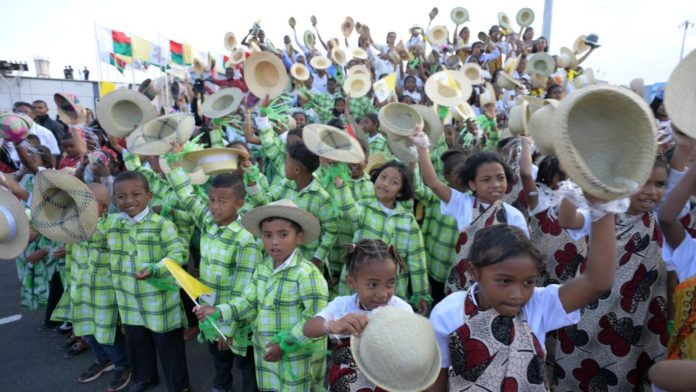“My name is Rose Mansa and I am a water vendor in Pease, Ghana.
First of all, the implementation of the Pease Water Project has a significant impact on my life. I have been employed by the project. Due to the nature of my work, I have become much more respected within the community.”
 Rose is just an example of the changing role of women in her society. For the first time it is possible for women to participate in decision making within the community. For example, the water committee has also female members who are now able to contribute with their knowledge and perspective. The potential and the ideas of women no longer remain unheard.
Rose is just an example of the changing role of women in her society. For the first time it is possible for women to participate in decision making within the community. For example, the water committee has also female members who are now able to contribute with their knowledge and perspective. The potential and the ideas of women no longer remain unheard.
Additionally, mothers can now provide decent meals for their families because they can now cook with clean and sufficient water. As a consequence, the level of nutrition has noticeably increased.
Due to the success of the Pease Water Project, life has become much easier, especially for those born and living with disabilities. They were amongst those who were the most affected by the long walk to fetch water from the streams. The circumstances have also greatly improved for the elderly and sick, who can now access water nearby and have a safe and clean environment which is essential for their health.
 Another important aspect is that due to the local water access Rose is now able to dedicate her time to doing and attending other chores and duties as well.
Another important aspect is that due to the local water access Rose is now able to dedicate her time to doing and attending other chores and duties as well.
Rose explains that “it is also worth-mentioning that life within the community has been very enriched by the programmes impact on areas such as hygiene, general cleanliness, school attendance, working conditions and appreciation for water.
Concerning the future, the community of Pease has become much more attractive and welcoming for companies and investments. Thanks to the Pease Water Project which have significantly improved the quality of life, especially for women. In addition to that, I believe that the future of the community of Pease will be determined by more engagement of women in terms of both decision making and implementation.
To conclude, the role of women will be strengthened and empowered “




